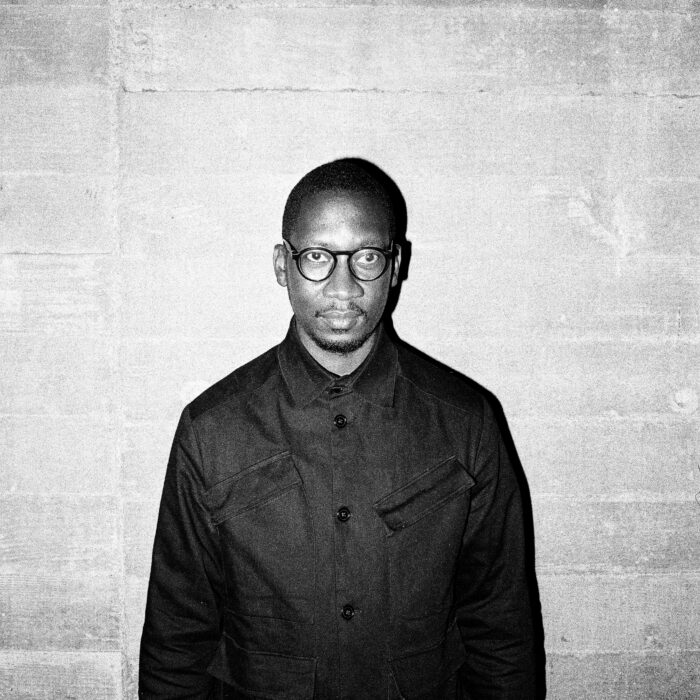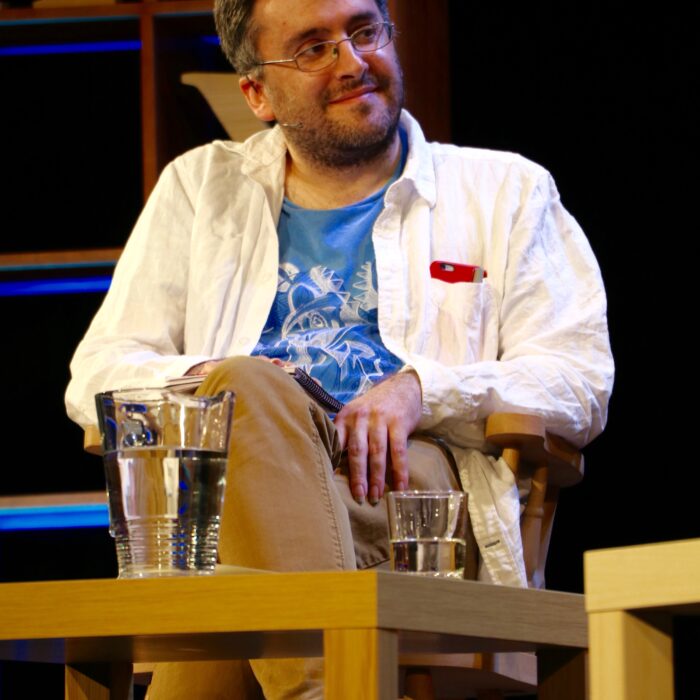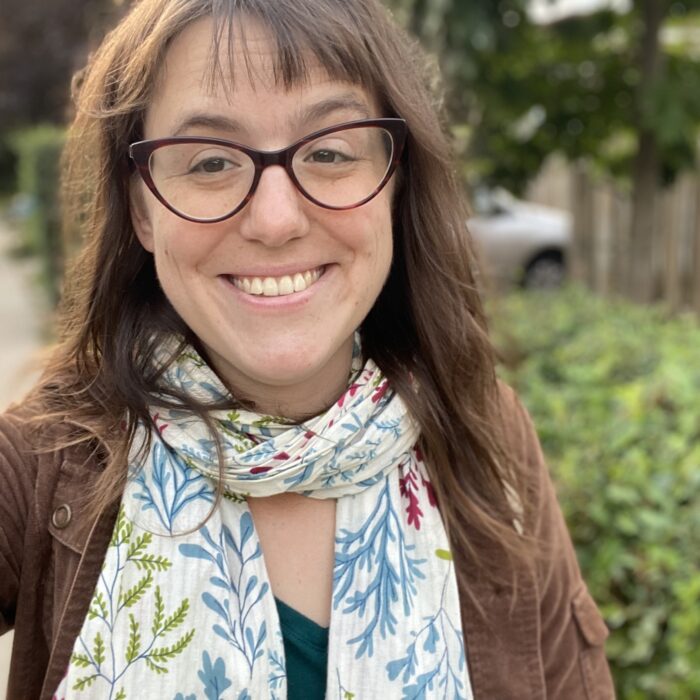You have no items in your cart. Want to get some nice things?
Go shoppingDan Coxon talks to Wayne Simmons, author of dystopian novel Plastic Jesus, about science fiction, horror, and battling creative fatigue.
![2512_10151363704442181_2110671363_n[1]](https://www.litromagazine.com/wp-content/uploads/2013/11/2512_10151363704442181_2110671363_n1-200x307.jpg) Why did you decide to break from writing horror to pen a dystopian sci-fi novel? What made you want to tell this story?
Why did you decide to break from writing horror to pen a dystopian sci-fi novel? What made you want to tell this story?
For me, writing has always been an extension of being a fan of the genre, and I’m a lifelong fan of sci-fi as well as horror. So to write a sci-fi book was always part of the plan. Same with crime. This story in particular is kind of like my geek-out to Ridley Scott (for Blade Runner), William Gibson (for Neuromancer), Lawrence Block (for The Sins of the Fathers) as well as a host of noir and neo-noir writers and filmmakers through the ages.
Much of Plastic Jesus is about addiction; to religion, to narcotics, to power. Did you set out wanting to write about this theme? Where did the interest in addiction spring from?
I had no intention to write about addiction, to be honest, but you’re absolutely right when you say it’s the overarching theme of this book. When I think about it, addiction’s something that was around me growing up, even if not within immediate family. But it was there. And so we find it here, in this book.
I did want to write about religion. As a kid growing up in a small, Northern Irish town once described as the Alabama of the North, that is something I can comment on. Religion was like a fog.
Writing is an exorcism of sorts, I guess. Sometimes we mean it to be. Sometimes we don’t.
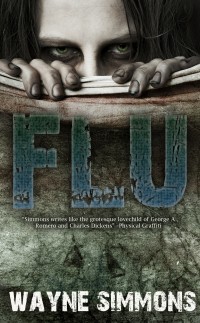 How did you go about building the novel’s dystopian world? Which came first, the world or the story?
How did you go about building the novel’s dystopian world? Which came first, the world or the story?
I think I had a very clear idea of the world in my mind and, in a way, that gave birth to the characters who in turn gave birth to the story. At first, I visualised this world as some kind of twisted, cyberpunk echo of Belfast. But the story kind of outgrew that, needed more room to breathe, and while Belfast is many things, sprawling metropolis it ain’t. And so Lark City was born, Lark being an anti-hero from my zombie horror series, FLU (Snowbooks). Lark City seemed to embody everything that Lark the character embodied for me; I can almost see him sitting in Vegas, the Bar Man racking up his tenth beer. He’d be a model citizen.
What are your writing habits? Do you follow a specific routine, or write in a specific place?
I work part-time (my partner and I have a dog walking business) so all my writing is done in the morning between about 8 and 11am. These days, I have a fairly traditional set-up: office, comfy chair, PC, iTunes, but in the past, I’ve written just about everywhere: on the bus, on the train, in airports, at the beach, wherever. I don’t believe in writer’s block: to me, it’s just fatigue and the best way to deal with fatigue is to reenergise yourself and the best way to reenergise yourself is to do things differently; write somewhere different or in a different way.
Horror and science fiction are genres that we don’t often discuss here at Litro. Who do you consider to be at the forefront of these genres right now? Whose writing impresses you?
David Moody’s a name I would throw out. Like myself, he’s probably better known for his horror stuff; his zombie series, Autumn, and zombie-esque series, Hater; but he recently self-published an awesome sci-fi novel entitled Trust and it’s probably the best thing he’s ever written. Then there’s fellow Salt guy, Stephen McGeagh, whose horror/ crime hybrid, Habit, is probably the most shocking thing I’ve read in years. Of course, it’s hard to beat King, isn’t it? I’m reading Doctor Sleep right now and it’s right up there with some of his best work.
In terms of dystopian fiction, Rupert Thomson’s the man. His debut novel, Dreams of Leaving, and second outing, The Five Gates of Hell, are two of my favourite reads of all time. So engaging and emotive and utterly heart breaking; everything dystopia needs to be.
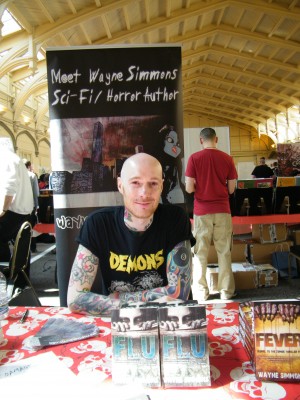
Enough of dystopia… What does your own personal utopia look like?
You know, I’m a pretty simple guy. Like to keep life as uncomplicated as possible. Give me a DVD or two to watch, the odd CD, a new book every month and the occasional gig to attend and I’m happy as Larry. Heaven is a place on earth, lovely Belinda Carlisle once sang, and if you’re in the right moment, it’s hard to argue with the girl. I’ll leave Utopia to the religious.
Wayne Simmons’ novel Plastic Jesus (Salt Publishing) is a sci-fi thriller that’s been compared to Ridley Scott’s Blade Runner and Christopher Nolan’s Inception. It is available now from Foyles for books and all good bookshops. You can read his essay on Blade Runner here. Visit Wayne online at www.waynesimmons.org.
About Dan Coxon
Dan Coxon is the Magazine Editor for Litro.co.uk, and the author of Ka Mate: Travels in New Zealand. He lives in London, where he spends his spare time looking after his two-year old son, Jacob. His writing has most recently appeared in Salon, The Portland Review, Neon, Gutter, The Weeklings, The Nervous Breakdown, Spartan, and the Ben Tanzer-edited anthology Daddy Cool. Find more of his writing at www.dancoxon.com, or follow him on Twitter @DanCoxonAuthor.

